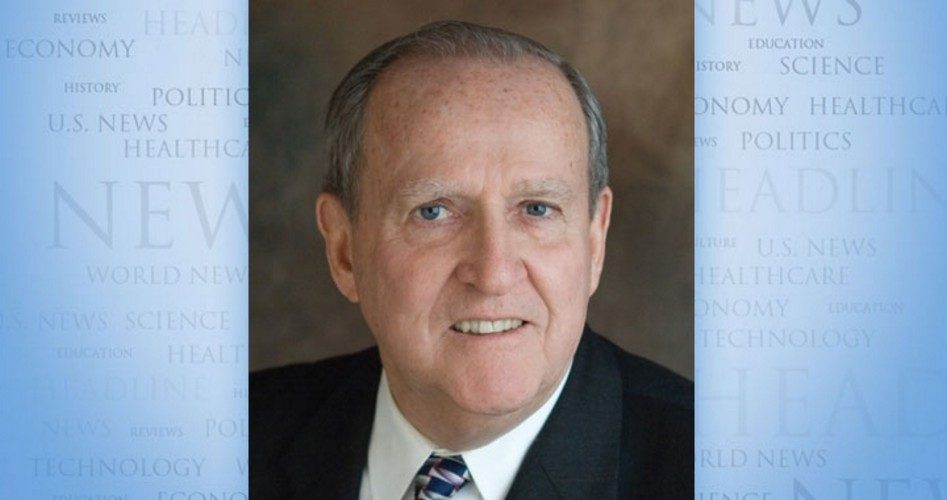
In the wake of the British vote to leave the European Union, Prime Minister Robert Fico of Slovakia took over as president of the European Council. Starting July 1, he will hold that rotating post for six months, followed by another head of state from one of the remaining 27 EU member countries.
Fico has always been an ambitious politician. In the 1980s, when his country (then part of Czechoslovakia) was under communist rule, he joined the Communist Party. After the so-called “Velvet Revolution” and the end of formal communist rule, and before Slovakia and the Czech Republic split, he left the Communist Party and won election to the Czechoslovakian parliament in 1992. When Slovakia became independent, he wrangled with fellow political leaders, suffered several setbacks, and eventually formed his own political party that saw him win election as prime minister in 2006. After a brief period out of office, voters returned him to the nation’s top spot in 2012.
Cheered by the Brexit result and an outspoken foe of forced immigration into his country, Fico has stated, “Islam has no place in Slovakia; they change the character of a country.” He has pointed disdainfully to German Chancellor Angela Merkel’s willingness to accept roughly one million refugees, many Muslims among them. He is well aware of the ruckus raised as a result of this influx into Germany by an angry German population.
Everywhere in Europe, the Brexit result spurred an increase in outspoken objections to immigration. Fico certainly knows this and is responding to that attitude, exactly as should be expected of an ambitious politician. Just prior to Britain’s move to quit the EU, he notified EU heads of state that the Council’s customary “informal” gathering at which he will preside will convene in Bratislava in September, not in Brussels where it usually convenes. The leader of Britain will not be invited to attend.
At the September EU Council meeting, the leaders of the remaining 27 EU states will discuss attempts to diminish the clout of the European Commission, a more powerful body than the EU Council, where decisions increasingly rile member nations. “Brexit brings a new dynamic,” said a Slovak official, an attitude quickly spreading throughout Europe after the shock wave from Britain. Fico himself has stated, “Crucial decisions in the future of Europe cannot be decided by a small group of member states,” a reference to EU decision-making by the six founding countries.
The key matters contributing to the British anti-EU stance — forced immigration, dictation from Brussels, and national independence — are felt all over Europe. They will surely be on the agenda at the Bratislava meeting. Robert Fico’s handling of the conference, and the attitude of other leaders in attendance, will reveal whether the future will bring a crumbling of the EU, or a salvaging of the pact despite the damage inflicted by British voters.
John F. McManus is president emeritus of The John Birch Society. This column appeared originally at the insideJBS blog and is reprinted here with permission.


